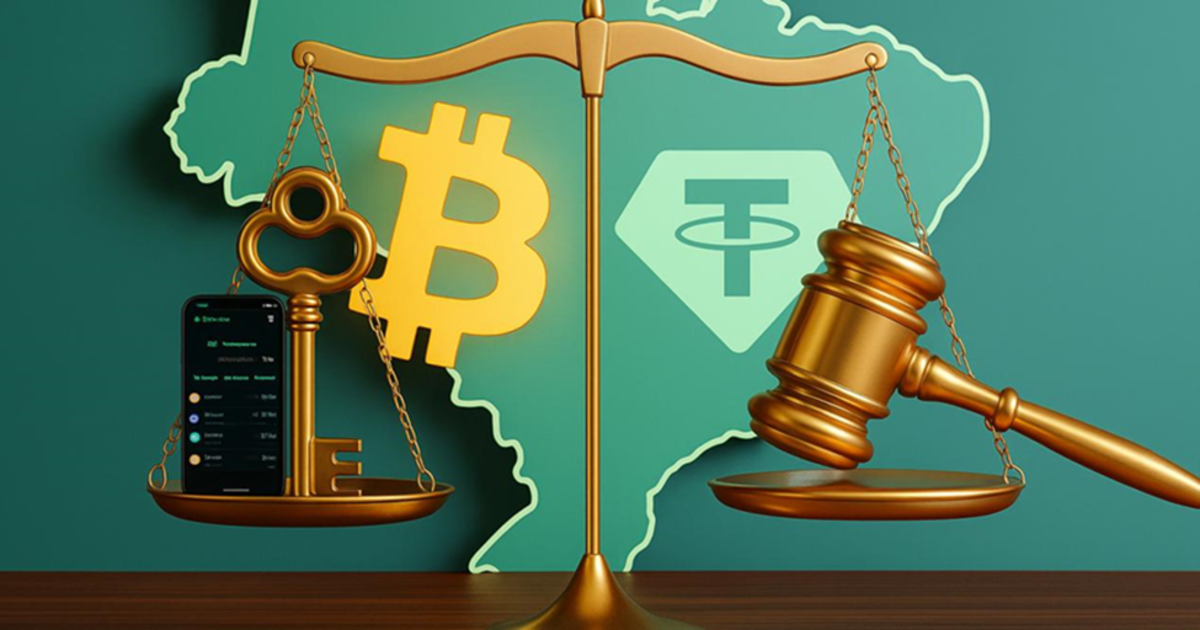Six Common Myths about Casinos and Gambling

Aug. 12 2024, Published 3:00 a.m. ET
As gaming technology marches from strength to strength, one form of gaming has become especially popular: casino gaming. Thanks to the variety of platforms available, players have more choice than ever before and don’t have to visit a traditional establishment to play casino games. Instead, they can jump online and play on a mobile device, such as a tablet or cell phone. They can download apps or play on mobile-friendly websites.
Of course, despite the popularity of online casino gaming and despite the steps casinos take to protect players, some people still have reservations about casinos and gambling. This is partly because of some of the myths floating around out there about casinos. Below is a look at some common myths and how they’ve emerged, plus discussion of the measure’s casinos implement to protect players and keep gaming fair.
Casino games are fixed
Casinos have a certain edge over players, the house edge, which is how they make their money. This edge leads people to think casino games are completely rigged. It’s untrue. No one would ever win, and casinos would never have any guests!
The important thing to understand is that this edge plays out over a long time and across thousands and thousands of players. It doesn’t mean you can’t win. The fact that players can see the dealer persuades a lot of players gaming is fair.
In the case of slots, the games are equipped with special software that generates random combinations of numbers to produce the outcomes. Absolutely no one, not even the casinos, know what the outcome of a spin will be.
Winning is a question of luck
Due to the house edge the casino enjoys, some believe winning all comes down to luck or good mathematics. Although playing casino games entails certain elements of luck, it doesn’t mean you can’t turn the odds in your favor. Games have a variance which you may be able to defy and win. You can also give yourself a better chance of winning by choosing games that have a lower house edge, such as blackjack.
Casinos have hot and cold slot machines
There’s a mistaken belief that once a machine starts paying out, the wins will be more frequent. These machines are “hot” slots, whereas if a machine goes through a period of not paying out, it’s a “cold” slot.
This isn’t the case, thanks to random number generators (RNGs), which make all spins equal. The chances of winning are the same on each spin. Sometimes slots make several payouts in a quick succession. Other times, they take longer to pay out. They’re neither hot nor cold. It’s all completely random.
Skillful dealers avoid big payouts by controlling when the roulette wheel stops
Naturally, know the ins and outs of roulette and how to operate the roulette table. People suspect they’re using this knowledge to keep more of the casino’s money in its coffers.
It’s simply untrue though. There are too many factors affecting the outcome for a dealer to interfere with the game. The roulette wheel and ball are spinning in opposite directions. While both are spinning, the frets on the wheel are causing the ball to bounce wildly around the wheel. There’s just no way to control the movement, especially under the watchful eye of all the punters around the table. In any case, the casino already enjoys the house edge and can receive a hefty fine for cheating. A deceitful dealer would do the casino no favors.
If you play slots in a busy casino, you have a better chance of winning
The fact that more people are playing at the same time leads some players to believe you stand a better chance than if the casino was quiet. Again, because of the RGNs of slot machines, this isn’t true. The outcome of the spins is completely random, so your chances are winning are the same regardless of how busy the casino is.

Keeping gaming fair
Online casinos offer lots of different games and do everything possible to make sure gaming is fair, no matter which one you play. As well as slots featuring RNGs to ensure completely unpredictable outcomes, the games will also undergo independent audits by bodies such as the UK’s eCommerce Gaming Regulation and Assurance (eCOGRA) and receive certification of their fairness.
Operators will also have a license and have one or more regulators, which they’ll state on their website. The licensing and regulation mean they must meet certain standards in terms of fairness, player fund management and the transparency of their operations.
There are lots of myths about casinos and gambling, but responsible operators take major steps to keep gaming fair for their customers. Cheating customers out of their money would be bad for business, especially if word gets out about it, and they can receive heavy fines if they do so. The casinos also know that players can go to other operators, so it’s really in their best interests to look after players.
The information provided in this article is for general informational purposes only. Gamble or play responsibly. If you or someone you know has a gambling problem, help is available. Call 1-800-GAMBLER. If you’re in the U.K. and need help with a gambling problem, call the National Gambling Helpline on 0808 8020 133 or go to gamstop.co.uk to be excluded from all UK-regulated gambling websites. We disclaim any liability for any loss or damage arising directly or indirectly from the use of, or reliance on, the information presented.


